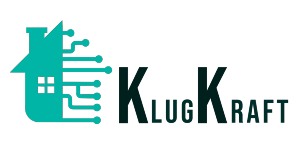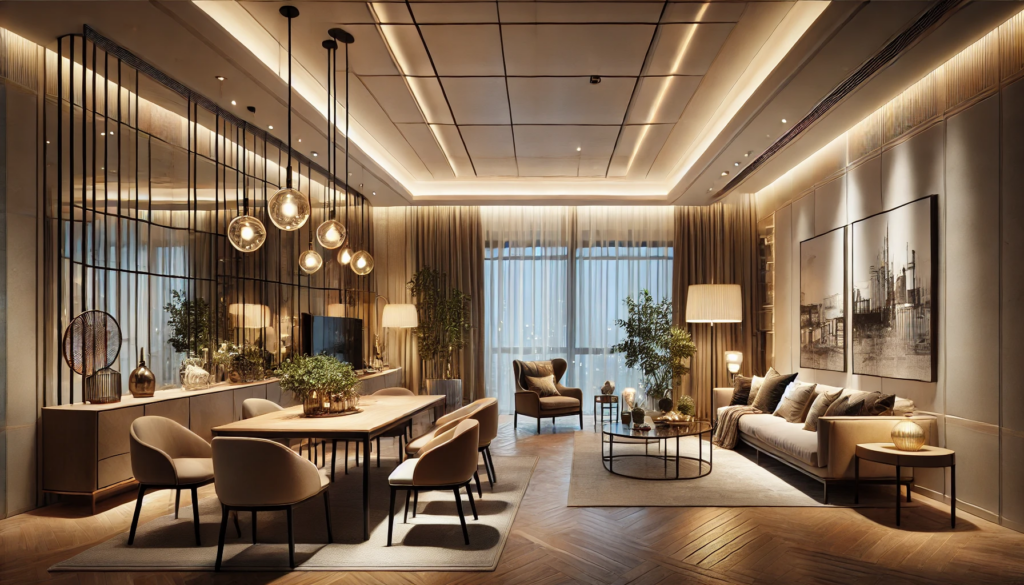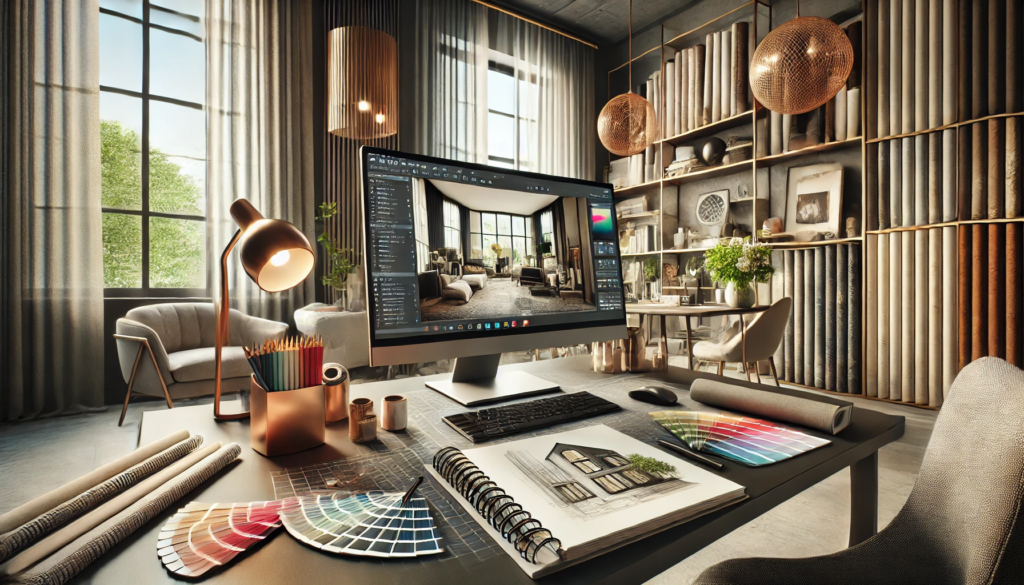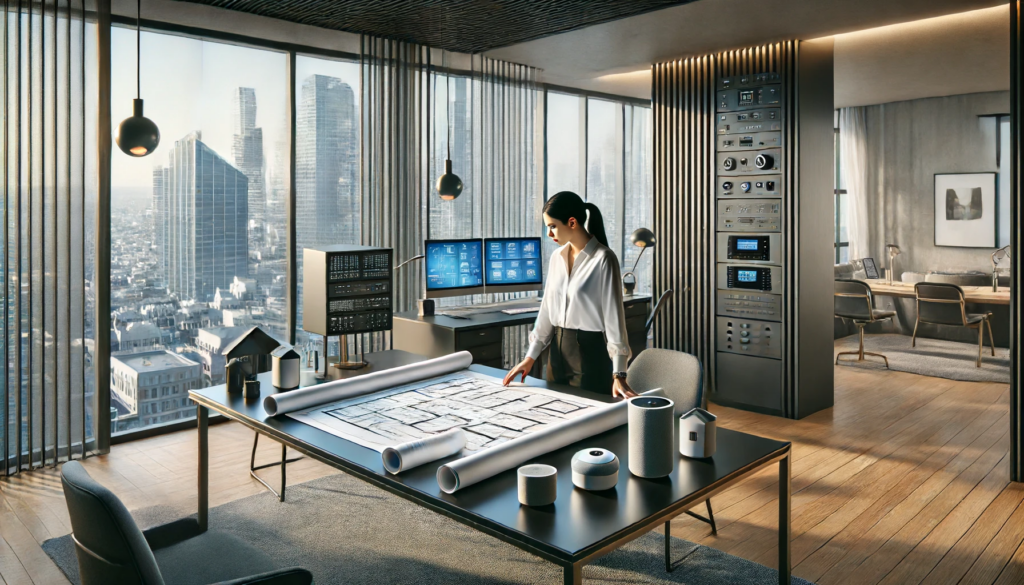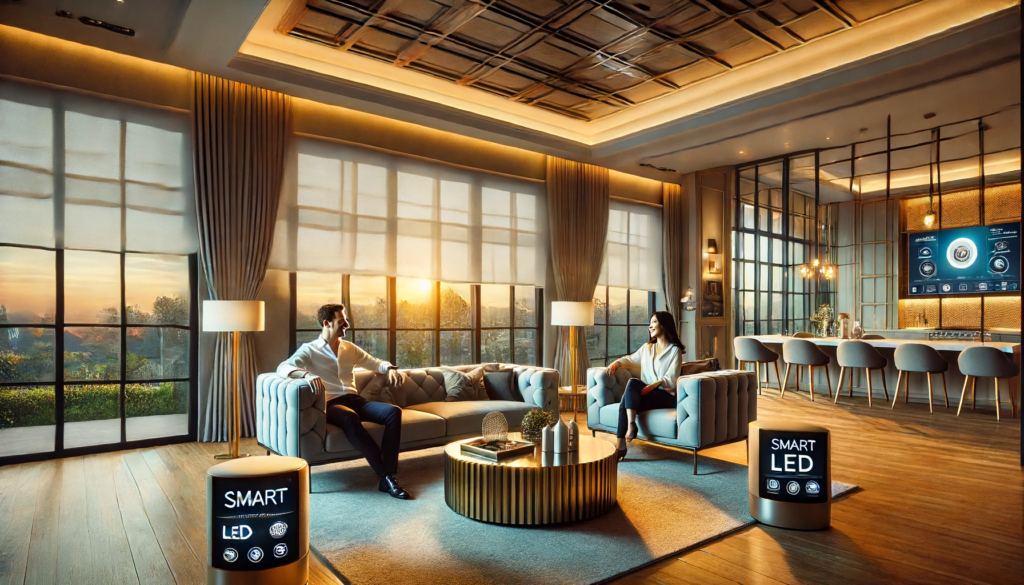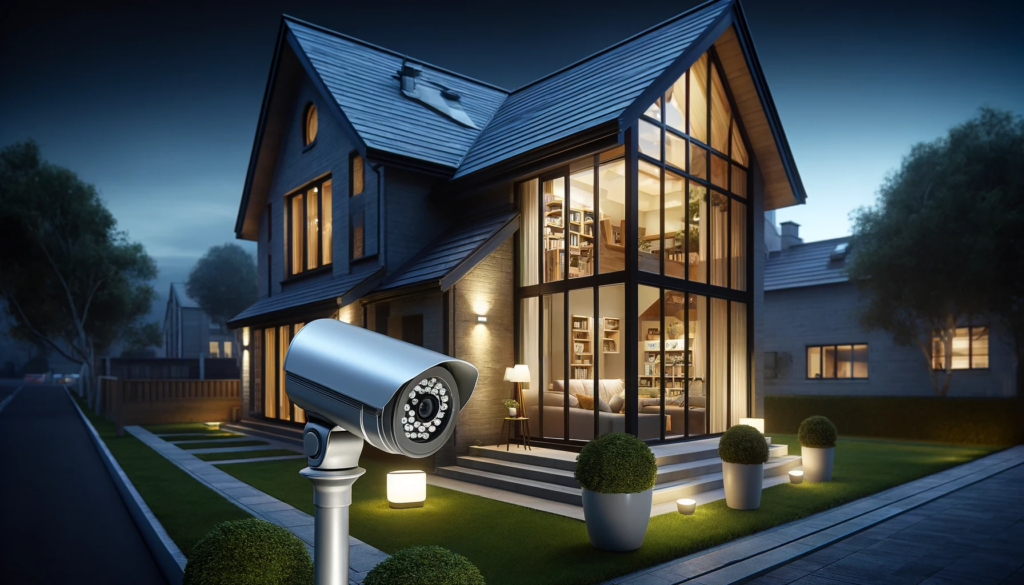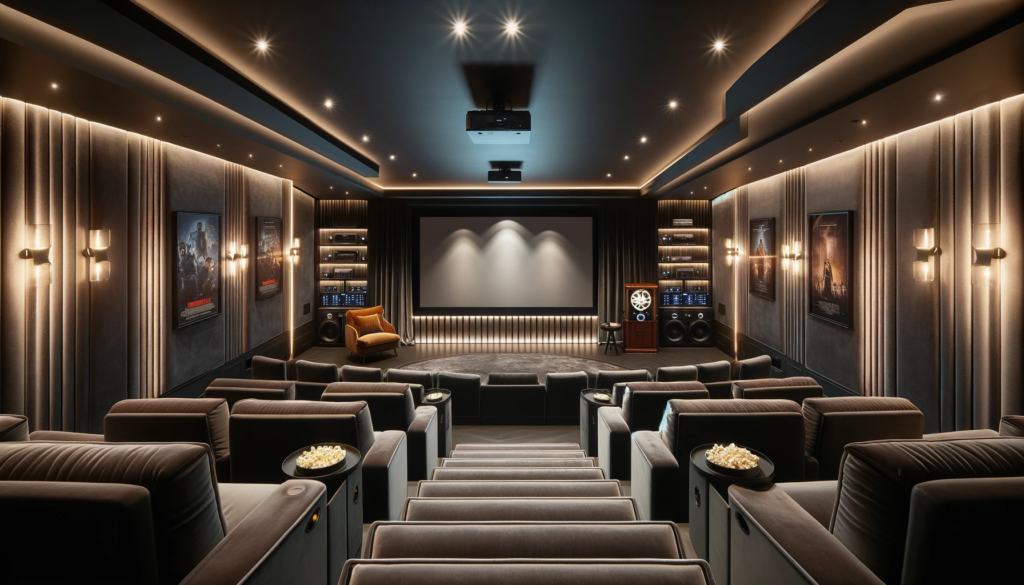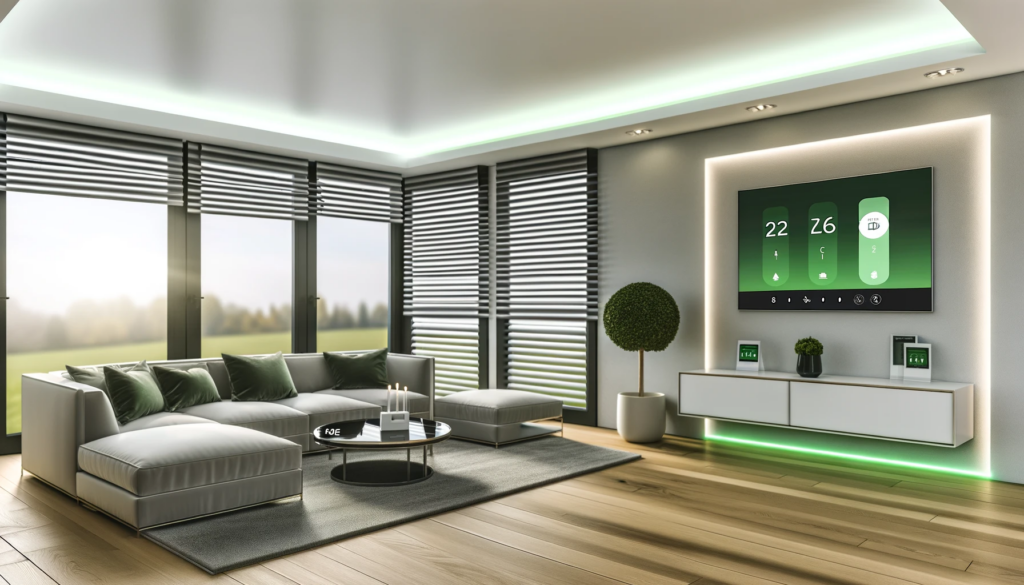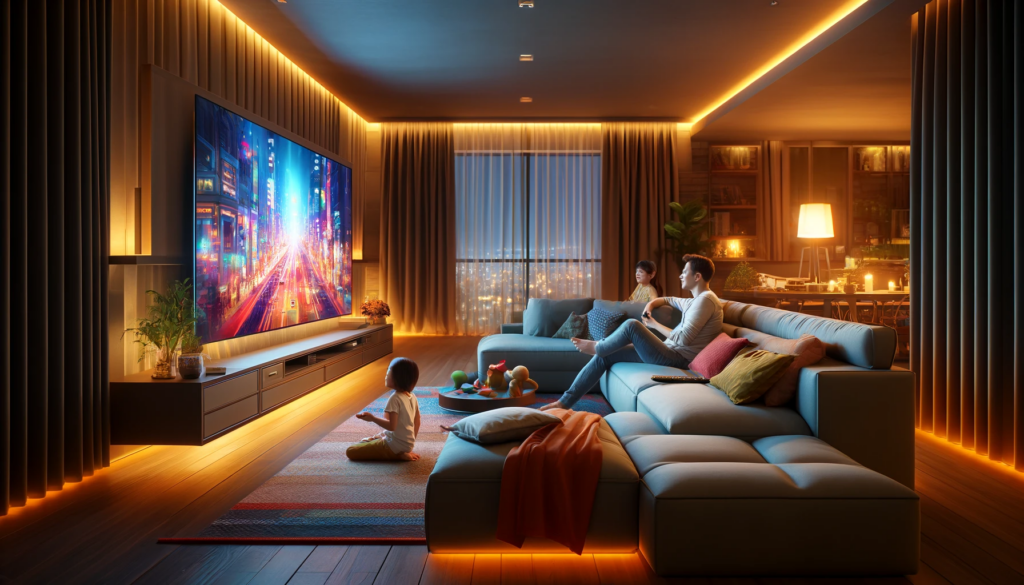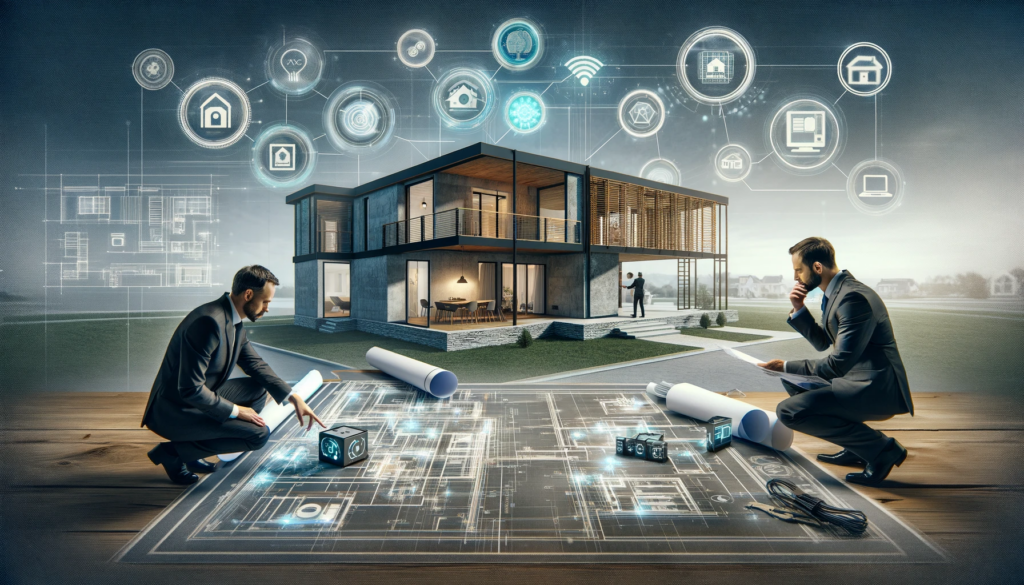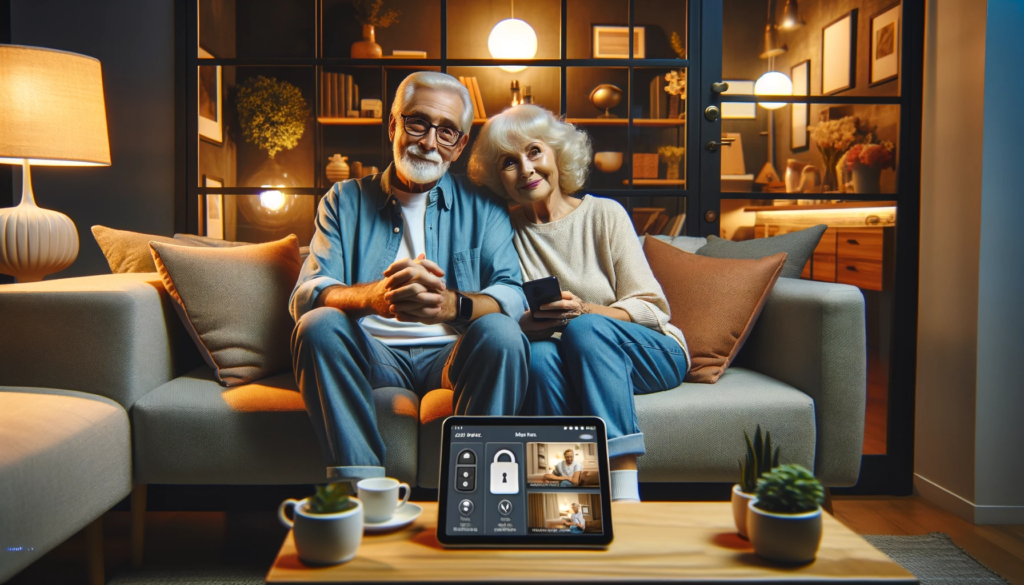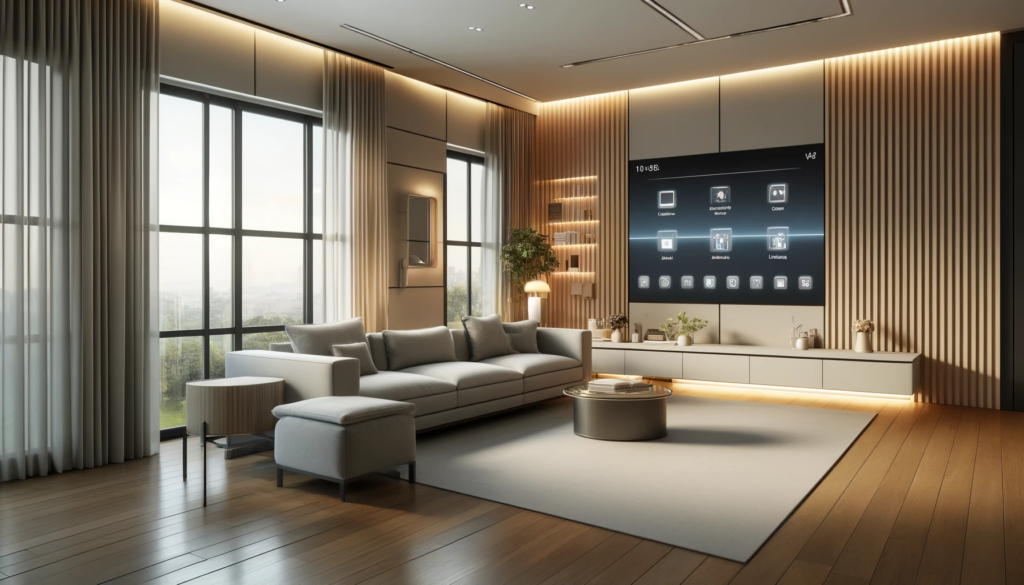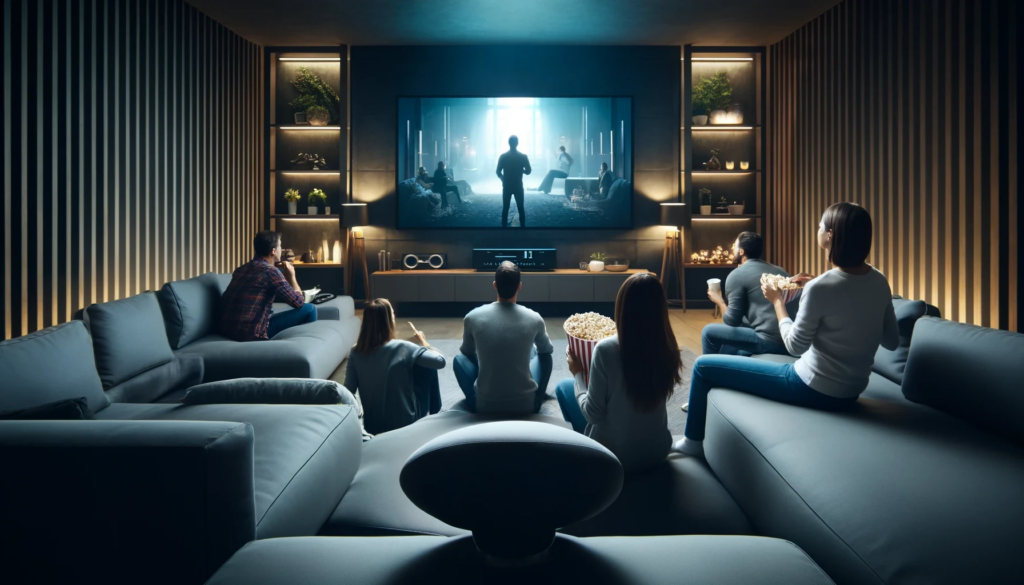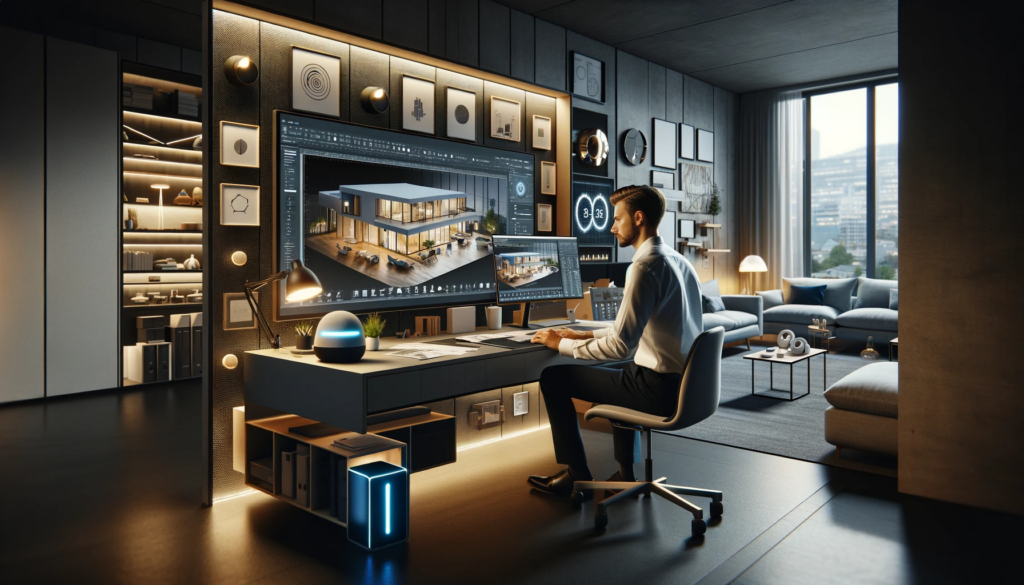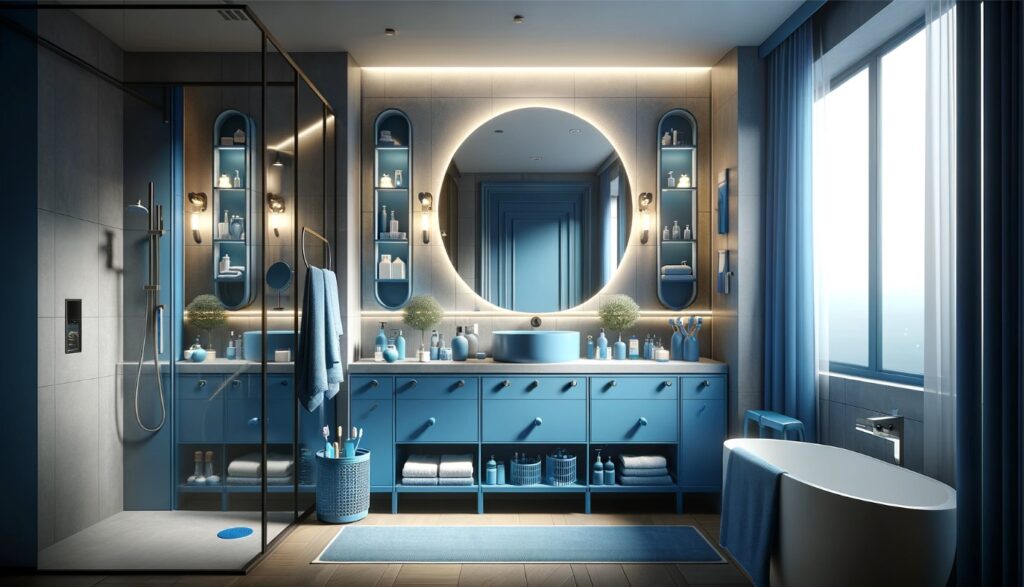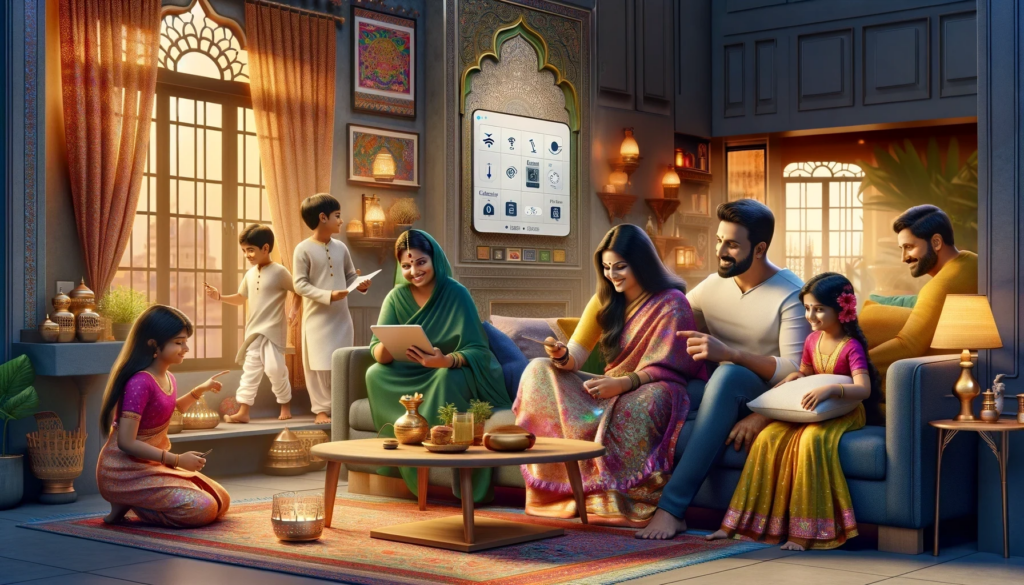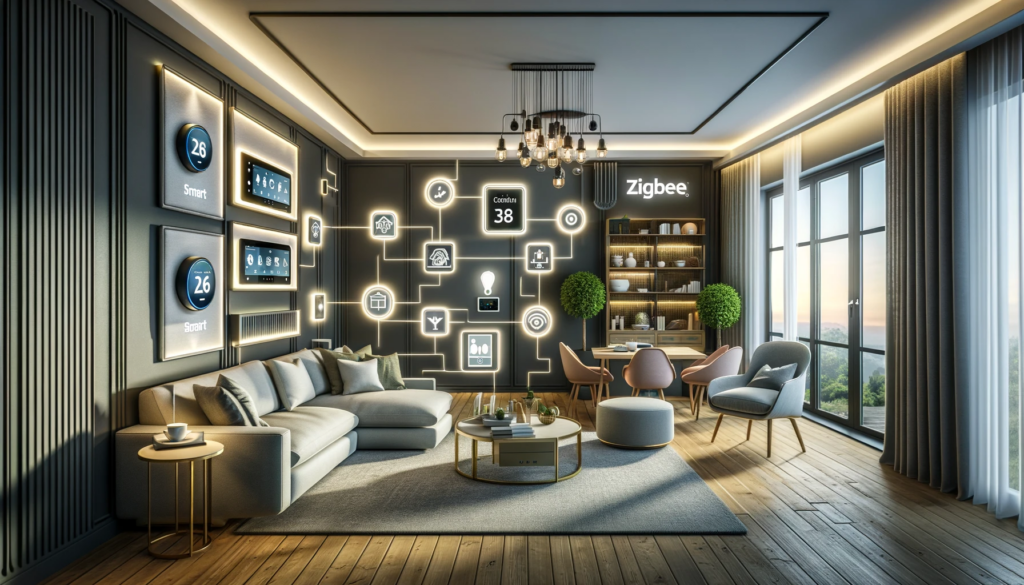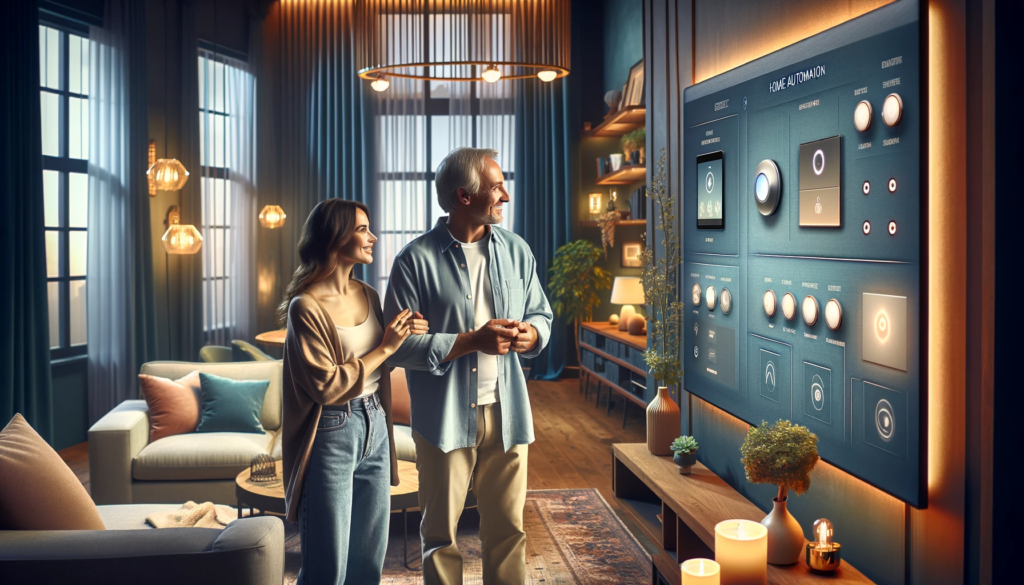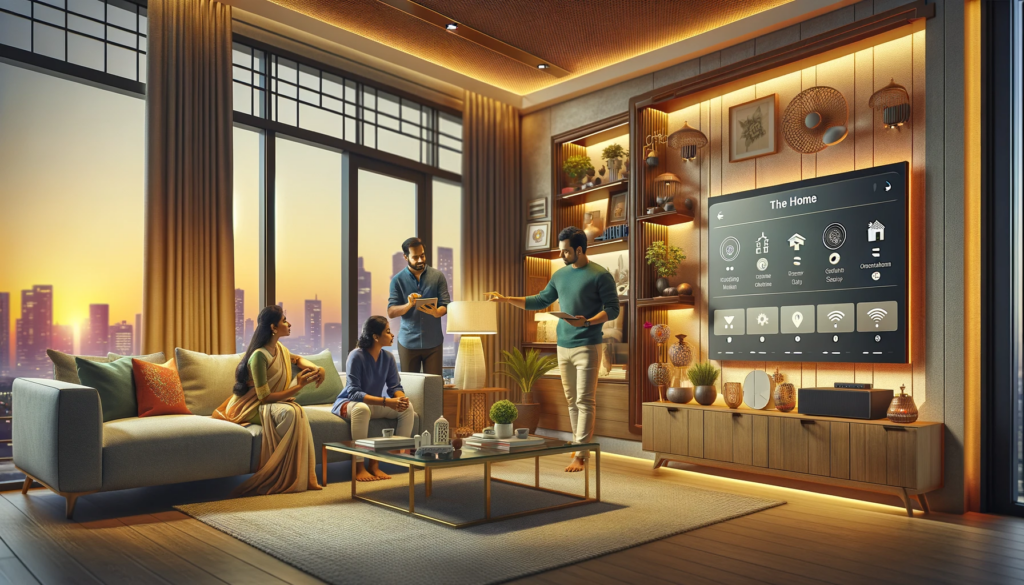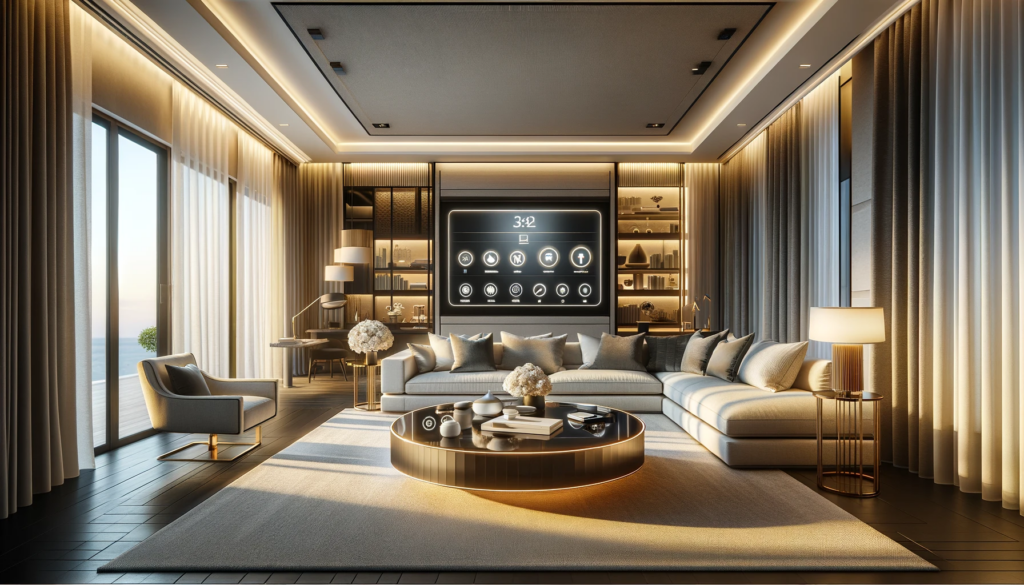Lighting Design is more than a tool to brighten a room; it’s a cornerstone of interior design that influences how spaces look, feel, and function. By understanding the impact of lighting on aesthetics, functionality, and ambiance you can create spaces that are not only visually stunning. But also practical and emotionally engaging.
The Aesthetics of Lighting Design
Lighting can make or break the visual appeal of a space. The interplay of light and shadow defines textures, highlights focal points, and influences color perception.
- Highlighting Architecture and Décor
A well-lit space accentuates architectural features and design elements. For instance, recessed lighting can emphasize the clean lines of a modern interior, while spotlights can draw attention to artwork or decorative pieces. By thoughtfully placing light sources, you can create a layered effect that brings depth and dimension to your room.
- Color Temperature and Mood
The color temperature of light—measured in Kelvin (K)—plays a significant role in the aesthetic feel of a room. Warm lighting (2700K-3000K) creates a cozy and inviting atmosphere, perfect for living rooms and bedrooms. Cooler lighting (4000K-5000K), on the other hand, feels crisp and modern, ideal for kitchens and workspaces.
- Mirroring Natural Light
Incorporating lighting that mimics natural daylight can make interiors feel more open and spacious. This is especially useful in rooms with limited access to natural light, such as basements or inner-city apartments.
The Ambiance of Lighting Design
Ambiance is the emotional and psychological aspect of lighting. The right lighting can evoke feelings of calm, energy, or even romance, transforming the way you experience a space.
- Layered Lighting for Depth
Using a mix of ambient, task, and accent lighting creates layers that enhance the atmosphere. Ambient lighting provides overall illumination. While accent lighting design, like wall sconces or candles, adds warmth and character.
- Dynamic Lighting for Versatility
Smart lighting solutions enable you to change the ambiance with the touch of a button. Whether you’re hosting a dinner party, enjoying a movie night, or winding down after a long day. Adjustable lighting lets you tailor the mood to the occasion.
- The Power of Shadows
Shadows can be as impactful as light. Using indirect lighting or fixtures that cast intriguing patterns can add drama and intrigue to a room. Think of how a softly lit chandelier can create a romantic glow. Or how uplighting on a tree in your garden can create a magical nighttime scene.
Tips for Lighting Your Space
- Plan for Purpose: Identify the primary function of each room and choose lighting that supports its use.
- Mix and Match: Combine different types of lighting to achieve a balanced and versatile design.
- Experiment with Fixtures: Don’t shy away from bold or unique fixtures that can double as statement pieces.
- Leverage Technology: Invest in smart bulbs and dimmers to gain control over brightness and color.
- Prioritize Energy Efficiency: Opt for LED lighting to reduce energy consumption without compromising on quality.
KlugKraft is the premier online destination for system integrators and interior designers to showcase their home & office automation products. This platform is meticulously crafted to highlight the synergy between innovative technology and elegant design. Providing a comprehensive portfolio space for professionals. KlugKraft allows experts to display their latest smart home technologies, from intuitive lighting solutions to sophisticated security systems, all designed to enhance modern living. By offering a dynamic and interactive showcase, KlugKraft not only connects these professionals with potential clients but also sets a new standard in the integration of technology and design in home automation, ensuring every space is as functional as it is visually stunning. KlugKraft (a unit of Smart Group).
